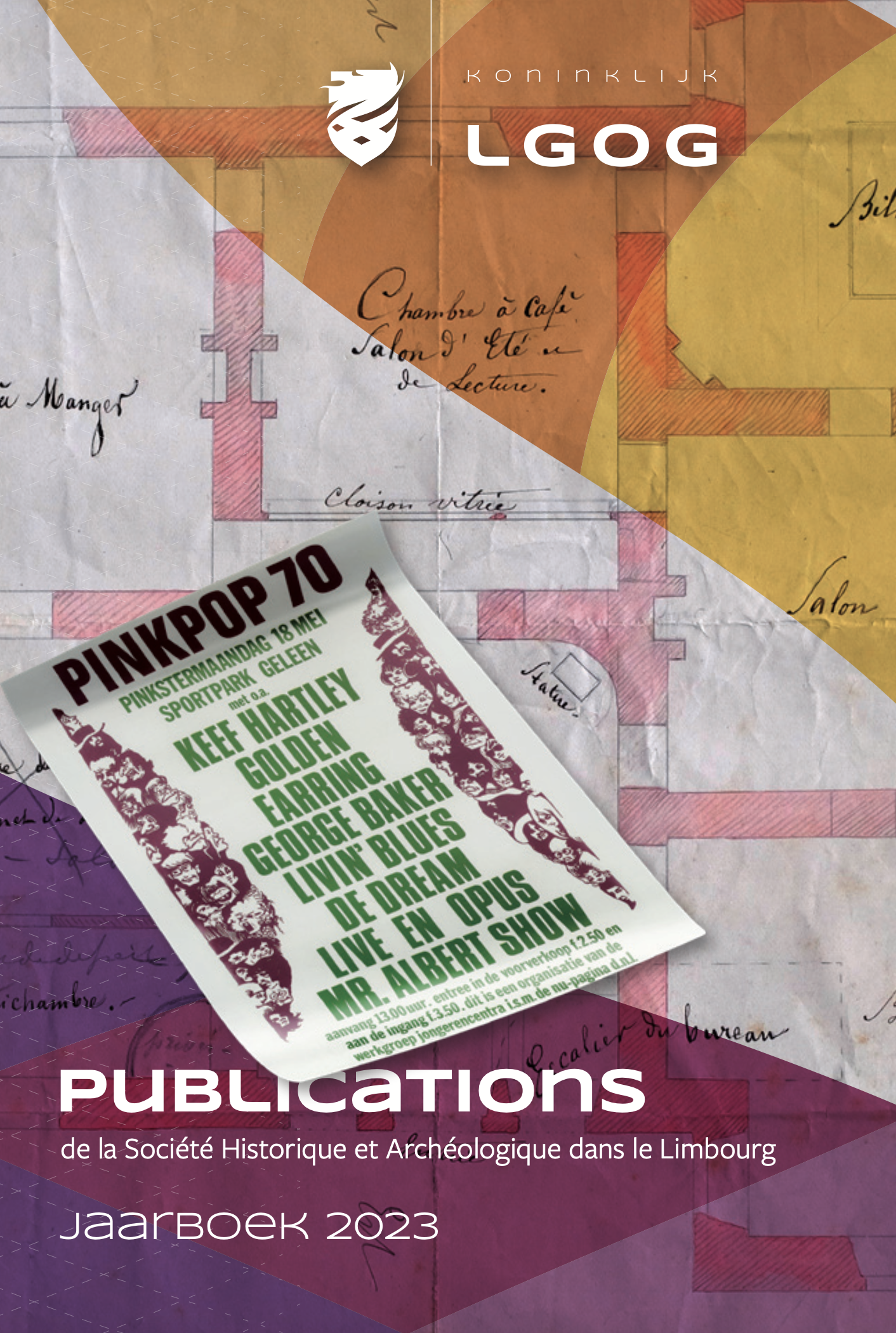Baron Joseph Anton Hubert v. Blankart zu Alsdorf.
Zur Bildungsbiografie eindes limburgischen Bauherren in Zeiten dramatischer Umbrüche.
Samenvatting
Baron Joseph Anton Hubert von Blanckart (1796-1873)
On the educational biography of a Limburg civil engineer in times of dramatic upheaval
Belgian and Dutch territories and afterwards the left bank of the Rhine were incorpo-rated into the First French Republic during the War of the First Coalition. The Lim-burgian Baron Joseph Anton Hubert Blanckart of Alsdorf (*1796 †1873) was born in the then French department of Lower Meuse. As a boy he attended a public French secondary school in Cologne, which in German times had been a renowned grammar school favoured by the upper class and nobility of the Rhineland. There he excelled in mathematics. When he was fifteen years old, he was drawn to a very stern French military boarding school where he stayed until the fall of Napoleon. He was trained as in-fantry and engineering officer. Later on, he served in the Dutch army, studied at the Hanoverian university of Göttingen and the Prussian university of Berlin majoring in applied mathematics, political economy (cameralism, Kameralistik, Staatswissenschaften), and construction. He married a Belgian countess and took residence in Belgium. Besides construction for individuals, he rendered outstanding civil services to road construction. As a sort of retirement home, he constructed Ottenfeld castle near Aachen, where he proved a parsimonious bulky fortification-like style. This study retraces the education of a multinational nobleman in the transition time from the ending period of the Holy Roman Empire, the Napoleonic era and the new, post-revolutionary Europe.
Downloads
Downloads
Gepubliceerd
Nummer
Sectie
Licentie

Dit werk wordt verdeeld onder een Naamsvermelding 4.0 Internationaal licentie.
Auteurs behouden het volledige auteursrecht op hun werk en verlenen het tijdschrift het recht van eerste publicatie. Artikelen worden verspreid onder de voorwaarden van de Creative Commons Naamsvermelding 4.0 Internationaal (CC BY 4.0).



